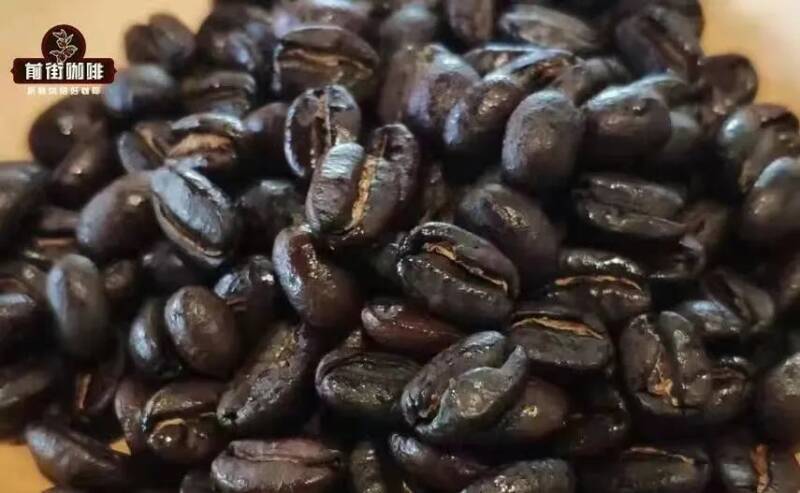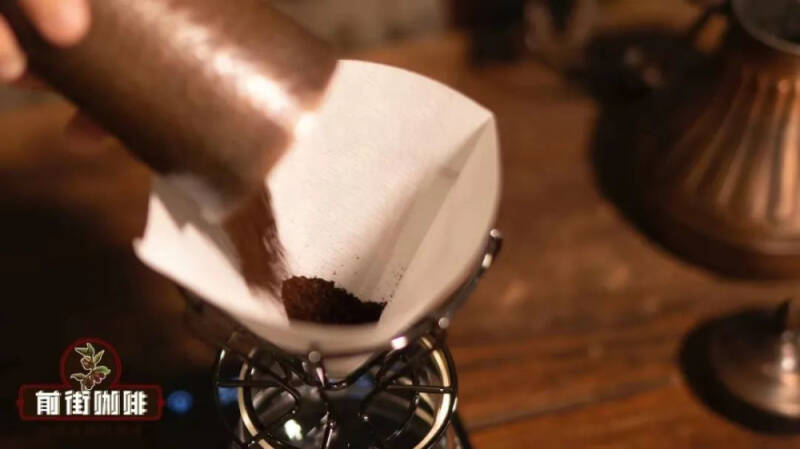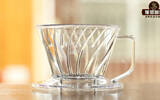Why do Japanese brewing like to use large amounts of flour above 20g? What is high concentration and low extract?
Do you still remember the Japanese cooking that I shared with you the day before yesterday? If you go to the portal attached to the article to learn more about cooking, it is not difficult to find that no matter which method of cooking, the amount of powder used is very large. So the question comes: "Why do Japanese cooking like to use a large amount of powder?"
Why do Japanese cooking like to use a large amount of powder? It's very simple, because they can't drink bitterness just like in front of the street. Although the Japanese have a preference for deep-roasted coffee, they are more infatuated with the caramel aroma of deep-roasted coffee, the silky and mellow touch of coffee, and the sweetness of the aftertaste after swallowing, which is the charm of deep-roasted coffee. the real bitterness that is not extracted because of over-extraction. And Japan's coffee beans are notoriously deep, we can imagine the deep-baked beans that are about to arrive in the carbonation field, how loose the structure will be, its brittleness can be said to be broken at a touch, and even give you a touch of hand oil! Such beans will not only double the extraction efficiency, but also easily produce a large amount of fine powder during grinding. Therefore, it is necessary to "rough grind" the coffee beans to reduce fine powder and avoid over-extraction!

By adjusting the degree of grinding, not only the number of times of grinding can be reduced, the number of fine powder can be reduced, but also the surface area of coffee powder in contact with hot water can be reduced, and the extraction efficiency can be improved. But the only drawback is that the gap between powder and powder has been greatly increased. After all, the grinding is really rough! But at that time, there was no slow filter cup like Kono that could slow down the launching speed, so too large a gap would speed up the flow of water, making it difficult to brew the essence of deep-roasted coffee. So at times like this, the Japanese thought of reducing the rate of water seepage by accumulating the amount of powder.

The addition of the amount of powder increases the thickness of the powder bed in the filter cloth / screen, and when the thickness of the powder bed is increased, it takes more time for the water to pass through the powder bed, which allows the water to take more material away from the powder bed. However, it is important to know that the amount of water does not increase with the increase of powder, so the resulting coffee liquid will have a higher concentration. And this is what we often call "high concentration and low extraction". (about what is high concentration and low extraction can be moved to this article, ha → "High concentration and low extraction")
The ratio of powder to water we use now is usually 1:15 or 1:16, which can give the coffee a suitable concentration and extraction rate, making it more acceptable in the mouth. The proportion of powder cooked in Japanese style is usually at 1:10 or even below. In some extreme cases, such as pine house cooking, the proportion of powder liquid will go to 1:5, and then diluted by adding water. The reason why the coffee is extracted in this way is also to avoid the bitterness of the tail segment being extracted. when the concentration is increased, the coffee does not need too much extraction to obtain flavor substances.
Generally speaking, Japanese cooking in addition to a large amount of powder will have another standard, that is, a longer extraction time. In order to make this small amount of hot water can extract the substance from the coffee to the maximum extent, so they will appropriately slow down the flow of water so that the hot water can have sufficient extraction time to ensure the concentration and make the coffee have a higher recovery rate at the same time. Although there is a small amount of coffee in the end, as long as you drink it, you can feel the burnt aroma of deep baking in your mouth, a silky touch like Dev, and a very obvious high sweetness.
-END-
Important Notice :
前街咖啡 FrontStreet Coffee has moved to new addredd:
FrontStreet Coffee Address: 315,Donghua East Road,GuangZhou
Tel:020 38364473
- Prev

What is a boat type filter cup? What is the difference between cone, fan and trapezoid? How to use Hario's new filter cups?
Every time a filter cup evaluation is published, recommendations about ship-shaped filter cups will always be received on the front and back streets. Ship type? I have heard of fan shaped, cone shaped, and flat bottom, but I have never heard of boat shaped filter cups?! So Qianjie, who listened to the advice, immediately took out the boss's wallet and placed an order quickly. After receiving the filter cup, Qian Jie understood why it was being
- Next

What are the advantages of KONOS 1925 famous filter cups? What are the characteristics of the deep-roasted coffee they brew?
Yesterday, a customer and friend came to the store and asked Qian Jie: "I see that all of your hand-punched products only use V60. Don't you plan to try other filter cups? "Eh, this is wrong. In fact, Qianjie has always used filter cups other than the V60 to produce them. It is just because the V60 has a high frequency of appearance, so they are made.
Related
- What grade does Jamaica Blue Mountain No. 1 coffee belong to and how to drink it better? What is the highest grade of Blue Mountain coffee for coffee aristocrats?
- What are the flavor characteristics of the world-famous coffee Blue Mountain No. 1 Golden Mantelin? What are the characteristics of deep-roasted bitter coffee?
- Can I make coffee a second time in an Italian hand-brewed mocha pot? Why can't coffee be brewed several times like tea leaves?
- Hand-brewed coffee flows with a knife and a tornado. How to brew it? What is the proportion of grinding water and water temperature divided into?
- What is the difference between Indonesian Sumatra Mantinin coffee and gold Mantinin? How to distinguish between real and fake golden Mantelin coffee?
- What does bypass mean in coffee? Why can hand-brewed coffee and water make it better?
- Unexpected! Ruixing Telunsu lattes use a smoothie machine to foam milk?!
- % Arabia's first store in Henan opens into the village?! Netizen: Thought it was P's
- Does an authentic standard mocha coffee recipe use chocolate sauce or powder? Mocha Latte/Dirty Coffee/Salty Mocha Coffee Recipe Share!
- What is the difference between Vietnam egg coffee and Norway egg coffee? Hand-brewed single product coffee filter paper filter cloth filter flat solution!

